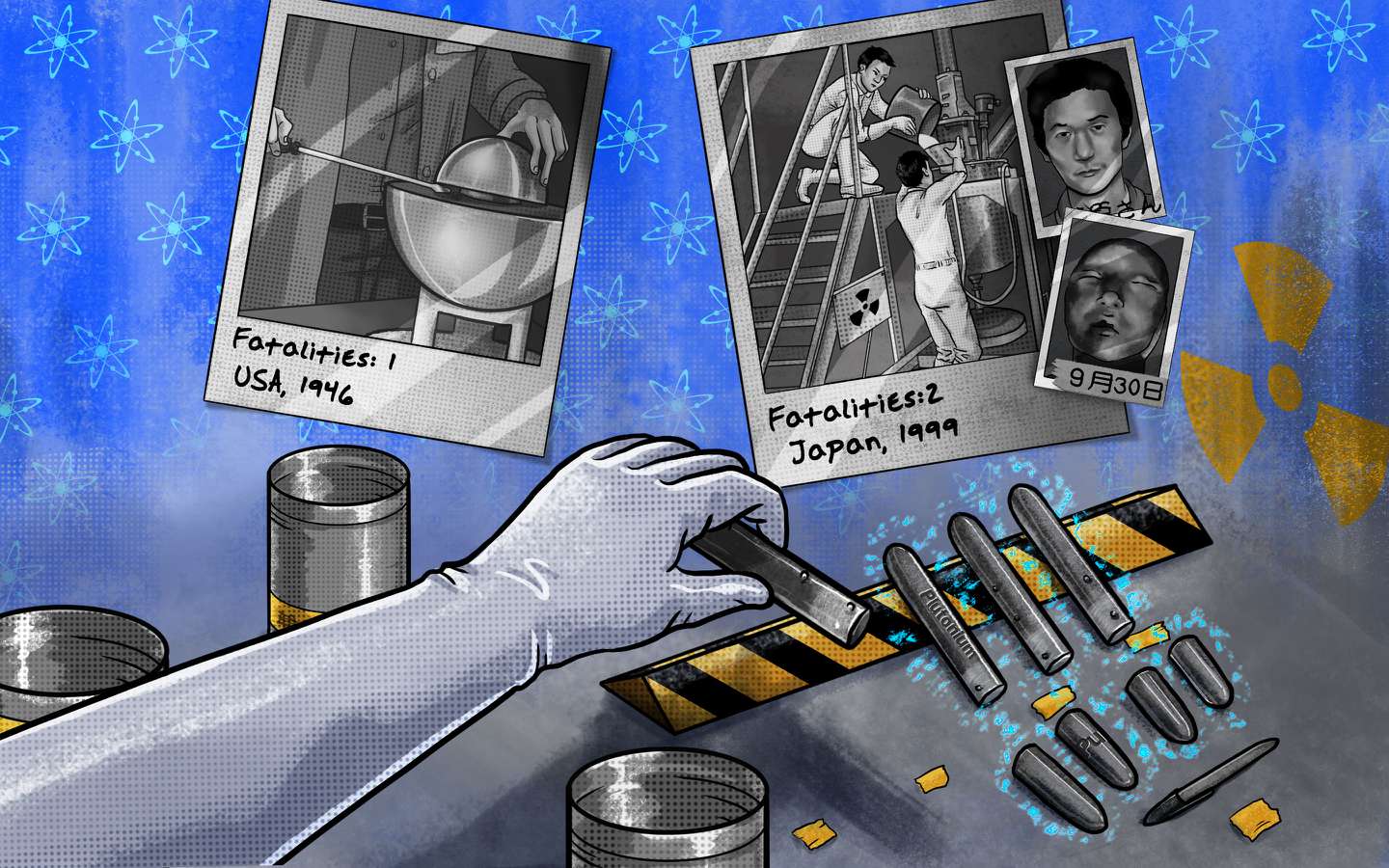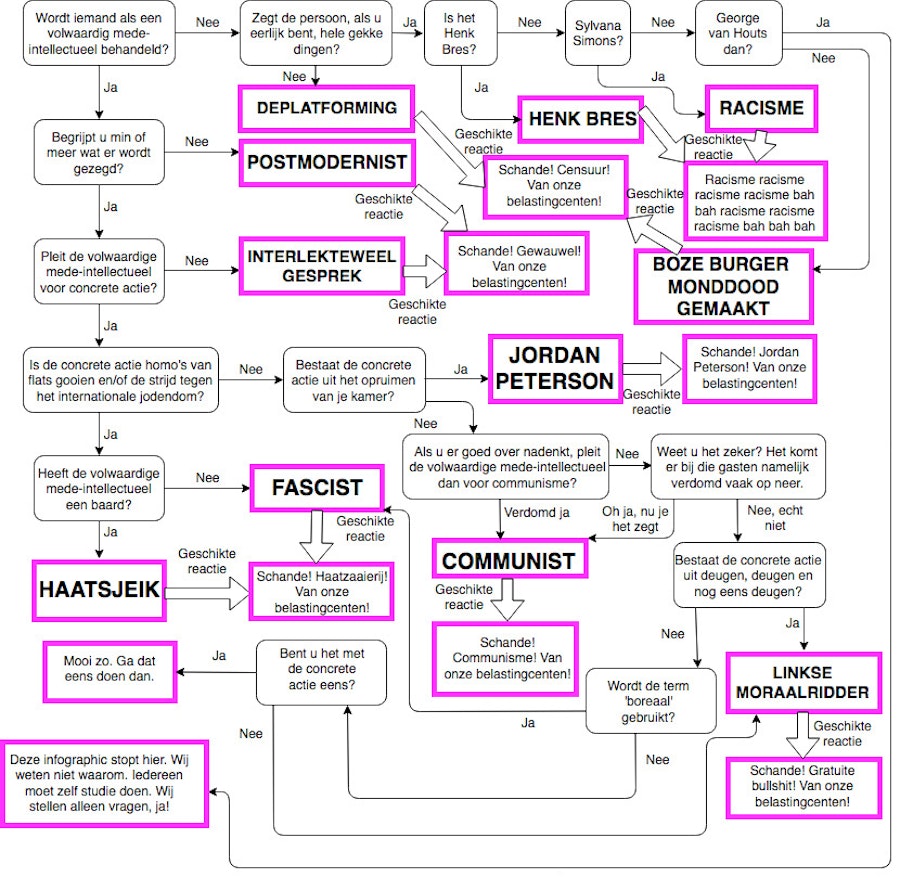Navigating The Complexities Of Nuclear Litigation

Table of Contents
Understanding the Legal Framework of Nuclear Liability
The legal framework governing nuclear liability is distinct and often differs significantly from traditional tort law. Key legislation, such as the Price-Anderson Act in the United States (and equivalent legislation in other countries), establishes a unique system for managing liability related to nuclear incidents. This framework typically involves elements of strict liability, meaning that compensation can be sought even without proof of negligence, but also incorporates limitations on the total amount of recoverable damages. International conventions and treaties play a crucial role in addressing cross-border incidents and ensuring consistent standards of liability across national jurisdictions.
- Overview of key national and international legislation regarding nuclear liability: The Price-Anderson Act, the Vienna Convention on Civil Liability for Nuclear Damage, the Paris Convention on Third Party Liability in the Field of Nuclear Energy. Each jurisdiction has specific nuances to its laws.
- Explanation of strict liability vs. negligence-based claims: In nuclear cases, strict liability often applies, simplifying the plaintiff's burden of proof. However, exceptions and specific requirements might still exist.
- Discussion of limitations on recoverable damages: While strict liability exists, caps on recoverable damages are common to limit the financial exposure of nuclear operators. These caps vary by jurisdiction and legislation.
- The role of government agencies and insurers in nuclear liability: Government agencies often play a significant role in overseeing safety regulations and contributing to indemnification funds, while private insurers also participate, creating a complex web of actors influencing liability.
Types of Claims in Nuclear Litigation
Nuclear litigation encompasses a wide range of potential claims, each presenting unique challenges. Common claim types include:
- Radiation injury claims: These involve personal injury resulting from radiation exposure, encompassing a spectrum of health effects, from acute radiation sickness to long-term cancers. Proving causation in these cases is often highly complex.
- Property damage: This can include damage to land, buildings, and other property due to a nuclear incident or contamination. Valuation and proving causal links can be difficult.
- Economic loss: This may include lost income, business interruption, and other financial losses stemming from a nuclear event. Quantifying these losses accurately requires careful economic analysis.
- Wrongful death actions: These are brought by the families of individuals who have died as a result of radiation exposure or other nuclear-related injuries. They often involve significant emotional and financial damages.
- Environmental contamination claims: These involve contamination of land, water, or air by radioactive materials, leading to ecological damage and potential health risks. Remediation costs and long-term monitoring are often major components of these cases.
- Nuclear waste disposal: Litigation can arise from disputes related to the transportation, storage, and disposal of nuclear waste, potentially involving environmental contamination claims or challenges to licensing decisions.
Proving Causation and Damages in Nuclear Cases
Establishing causation and quantifying damages in nuclear litigation presents significant hurdles. Proving a direct link between radiation exposure and specific health consequences often requires sophisticated scientific evidence. This typically involves:
- Scientific evidence: This encompasses various forms of evidence, such as medical records documenting radiation exposure and resulting health problems, environmental monitoring data, and expert testimony.
- Expert witnesses: Cases heavily rely on expert witnesses, including radiation physicists, epidemiologists, oncologists, and other specialists who can interpret complex scientific data and explain its relevance to the case.
- Epidemiological studies: These studies analyze the incidence of disease in populations exposed to radiation to establish statistical links between exposure and health outcomes.
- Dosimetry: Accurate dosimetry, measuring the absorbed radiation dose, is crucial in establishing the extent of exposure and its potential health effects.
- Latency periods: Recognizing that some radiation-related illnesses have long latency periods, meaning that symptoms may not appear for many years after exposure, is critical in assessing claims.
Navigating the Regulatory Landscape
The regulatory landscape surrounding nuclear activities is highly complex and significantly impacts nuclear litigation. Agencies like the Nuclear Regulatory Commission (NRC) in the US (and equivalent bodies in other countries) play a central role in overseeing safety regulations, licensing requirements, and investigations into incidents. Regulatory compliance (or lack thereof) can have profound consequences for legal proceedings. Regulatory records and investigations frequently form critical evidence in nuclear litigation cases.
- Key regulatory bodies and their responsibilities: Understanding the roles and responsibilities of these agencies is essential in navigating nuclear litigation.
- Impact of regulatory compliance (or non-compliance) on litigation: Compliance records can be pivotal in determining liability and influencing the outcome of cases.
- How regulatory records and investigations are used in legal cases: Regulatory investigations often provide valuable evidence regarding the causes of incidents and the extent of damage.
The Role of Insurance and Indemnification in Nuclear Litigation
Given the potentially catastrophic financial consequences of nuclear incidents, insurance and indemnification programs are crucial. The Price-Anderson Act, for instance, provides a system of government indemnification in the US alongside private insurance, significantly impacting the financial implications of litigation. Understanding the intricacies of nuclear insurance policies, coverage limits, and the role of government indemnification is essential.
- Overview of nuclear insurance policies and coverage limits: Nuclear insurance policies have specific terms, conditions, and limitations on coverage that are crucial to consider in legal strategies.
- The role of government indemnification programs: These programs supplement private insurance, providing additional financial protection for operators and potentially affecting claimants' recoveries.
- Challenges in securing adequate insurance coverage for nuclear facilities: The high risks associated with nuclear activities make obtaining sufficient insurance coverage a complex and expensive undertaking.
Conclusion
Nuclear litigation presents a unique and challenging legal landscape, demanding a deep understanding of complex scientific and regulatory frameworks. The high stakes, specialized nature of the evidence, and the intricate legal considerations necessitate seeking expert legal counsel. Navigating the intricacies of nuclear liability claims, the regulatory landscape, and the complexities of proving causation and damages requires specialized expertise. If you're facing the complexities of nuclear litigation, seeking advice from experienced legal professionals specializing in nuclear law is crucial. Contact us today to discuss your case and explore your options in navigating the complexities of nuclear litigation. Our team offers specialized knowledge in handling nuclear liability claims and navigating the intricate regulatory landscape.

Featured Posts
-
 Us Sec Considers Xrp A Commodity Implications Of Ripple Settlement Talks
May 02, 2025
Us Sec Considers Xrp A Commodity Implications Of Ripple Settlement Talks
May 02, 2025 -
 Increase Your Chances Of Dragons Den Success
May 02, 2025
Increase Your Chances Of Dragons Den Success
May 02, 2025 -
 Analyse Hoe Beschrijven Geen Stijl En De Media Een Zware Auto
May 02, 2025
Analyse Hoe Beschrijven Geen Stijl En De Media Een Zware Auto
May 02, 2025 -
 Mental Health Literacy Education Empowering Individuals And Communities
May 02, 2025
Mental Health Literacy Education Empowering Individuals And Communities
May 02, 2025 -
 Tongas Strong Showing Dashes Samoas Olympic Aspirations
May 02, 2025
Tongas Strong Showing Dashes Samoas Olympic Aspirations
May 02, 2025
Latest Posts
-
 Financial Planning Cfp Board Ceos Retirement In 2026
May 02, 2025
Financial Planning Cfp Board Ceos Retirement In 2026
May 02, 2025 -
 Keller Williams Expands Into Arkansas With New Affiliate
May 02, 2025
Keller Williams Expands Into Arkansas With New Affiliate
May 02, 2025 -
 Cfp Board Ceo To Retire What This Means For Financial Planning
May 02, 2025
Cfp Board Ceo To Retire What This Means For Financial Planning
May 02, 2025 -
 Cfp Board Ceo Announces Retirement For Early 2026
May 02, 2025
Cfp Board Ceo Announces Retirement For Early 2026
May 02, 2025 -
 Is This Christina Aguilera Fans Question Heavily Edited Photos
May 02, 2025
Is This Christina Aguilera Fans Question Heavily Edited Photos
May 02, 2025
